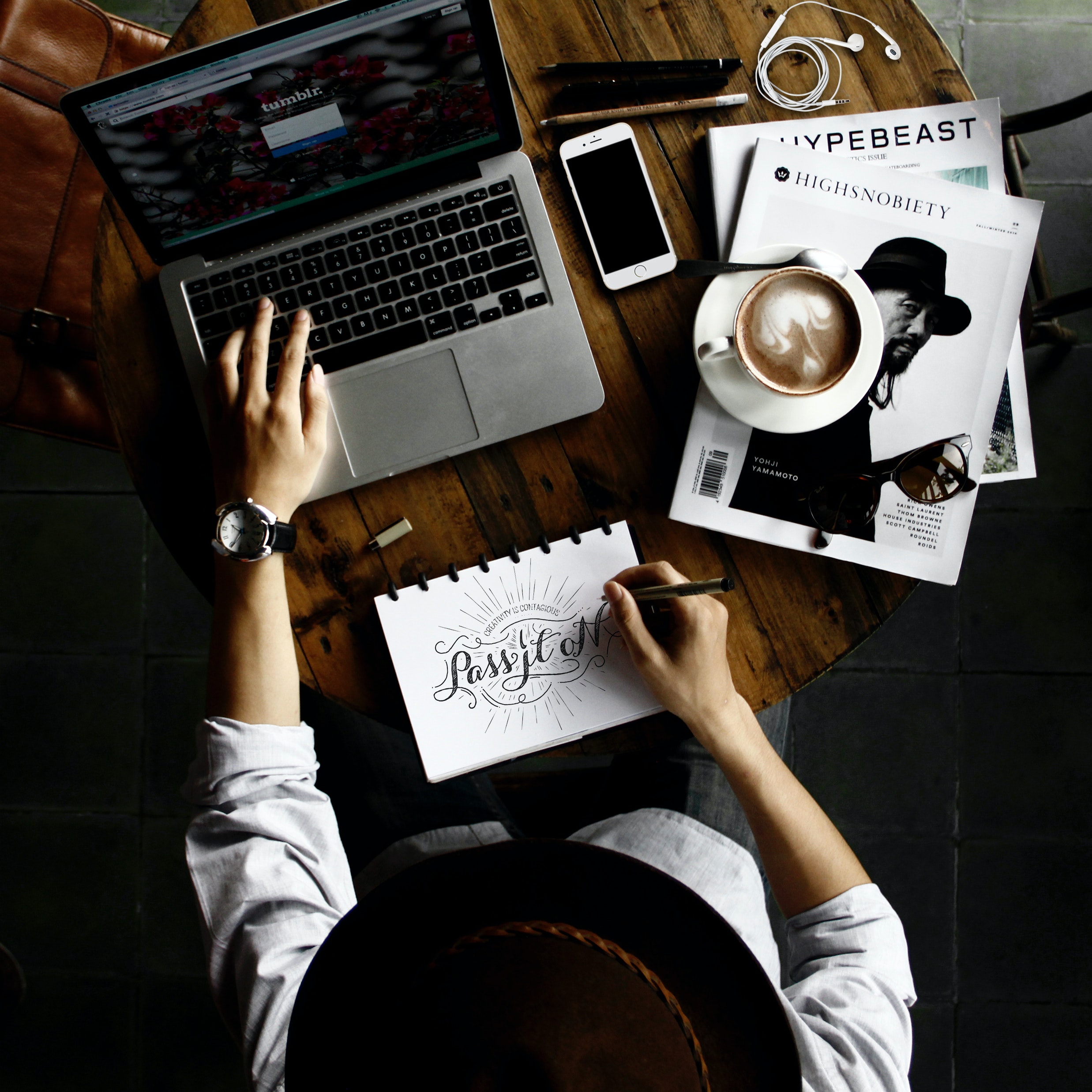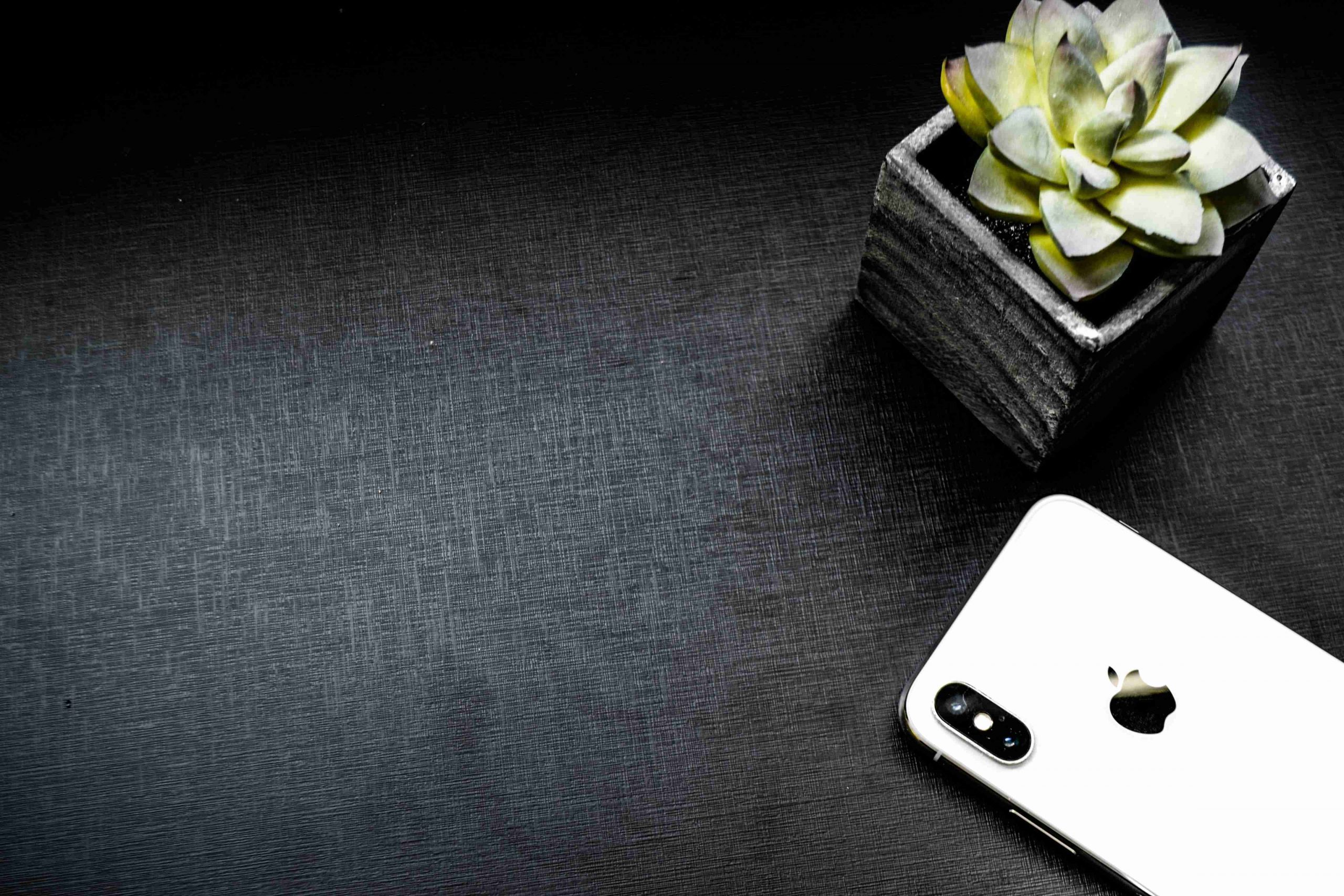9 Tips to Protect Your Brand
BrandLaw | The Art of Law
Your brand is your most valuable asset, and a registered trademark secures your rights to it – and is beneficial for a number of other reasons.

9 Tips to Protect Your Brand
A brand is essentially a name, logo or slogan that differentiates you, your services or your products from others and is often the most valuable asset of a business. The Google and Apple brands are each estimated to be worth more than $100 billion and Coke is the second most well-known word in the world after “hello”.
However, much of the potential success of your brand depends on the choices that you make at the early stages of your project or business. Here are nine tips to enhance and protect your brand.
Tip 1: Choose wisely
Select a brand that will effectively represent you, your business, service or product. The best trademarks are easy to pronounce, stick in people’s minds and are capable of becoming exclusively associated with and its meaning shaped by you. The nature of a brand will affect its performance in the market, with its audience, and how broadly it is protected.
The best brands are made-up words (such as KODAK) or arbitrary words that are not related to the products they represent (such as APPLE for computers). Suggestive words (such as JAGUAR for cars, suggesting elegance and speed) or combination words (such as AIRBUS for airplanes) also work well.
Avoid marks that are purely descriptive of your product or service (APPLE for apples) or commonly used (BEAUTY for cosmetics). Purely descriptive brands are generally not registrable.
Brands that are otherwise descriptive may be registrable and may be beneficial to smaller start-ups on a limited budget because they provide some initial marketing benefits. For example a brand like “Cape Town IT Services” would help consumers looking for IT services quickly find you and understand what you do.
However, as you grow, the strength of your brand would be limited to the extent that others need to use the words contained in your brand. As a company grows it is more beneficial to have a distinctive name. For example UBER would probably not have been as successful if it was named XYZ TAXI COMPANY.
A good strategy is to begin with a semi-descriptive hybrid brand containing a distinctive beginning and a descriptive ending. Over time, the descriptive element can be dropped. Many successful brands used this strategy, for example APPLE COMPUTERS became APPLE, INTERNATIONAL BUSINESS MACHINES became IBM, BOEING AIRCRAFT COMPANY became BOEING.
Tip 2: Do a trademark search
Once you have chosen a brand, survey the market to see if a similar brand or trademark already exists to avoid problems and a costly rebrand in the future.
Trademarks are territorial. So, unless a mark is really well known internationally (think NIKE or MCDONALDS), a similar mark is only a problem if it is already registered or used in the country or market that you want to operate in.
If you’re in South Africa, do a few Google searches for your brand by selecting ‘South Africa’ as search criteria and/or including ‘site: co.za’ as a search term. If you want to enter markets internationally, you can do Google searches selecting those countries as search criteria (and their domain extensions).
If you intend to take on the planet, you can also search the freely available official Trade Mark Registers of certain countries or jurisdictions (like the Unites States or the European Union) here. Unfortunately, in South Africa the Trade Marks Register is only freely available to a limited extent, but thankfully we offer a free trade mark search tool that is not “live” but provides a great tool to check for obvious conflicts while brainstorming.



Tip 3: Register your brand as a trademark
A trademark registration increases the protection and value of your brand, discouraging others from using something confusingly similar. It also allows you to get exclusivity in a brand before having used and gained a reputation in the brand (though you need to use it within five years of registration or it could be cancelled). A registered trademark is protected for renewable periods of ten years. Once the application is in progress, your brand will show up on the official Trade Marks Register, searchable for all to see. When it is registered, you can use the ® symbol to signify that it is registered. Using ® next to a brand that is not registered in your country is a criminal offence.
Unfortunately, people often don’t realise the benefit of a registration until it’s too late. Remember, a registered trademark reflects as an asset on your balance sheet – it can be securitised, licensed, franchised and sold. You can read more about the benefits of a registered trade mark in this article.
Tip 4: Use your brand
The more you use your trademark – brand name, logo or slogan – the stronger and more distinctive it becomes and the more your audience is likely to remember your brand, use it and form associations around it. If you do not use your brand within five years of it having been registered as a trademark, your mark can be removed.
Tip 5: Police your brand
An important ingredient to Oprah’s success (aside from registering her name as a trade mark) was her active and aggressive role against others using the brand or a similar one. Brands become diluted when others use key components of your brand, causing confusion between your goods and/or services and theirs.
If someone is using your mark, or something confusingly similar, the first step to protect your brand is to send a letter of demand stating that you own the mark in question and they must, by law, remove it from their products, services, materials, websites or servers, and pay any financial damage caused to you.
Tip 6: Put intellectual property protection in your contracts
Ensure that all your contractors and employees sign agreements that they cannot use your intellectual property themselves. This applies not just to brands or trademarks, but also to any copyright (in images, software code, text, video, music and sound), designs and trade secrets.
Tip 7: Claim your online presence
Buy online real estate featuring your brand, such as domain names, social media handles and profiles. It’s best to only use one domain for your company website, but to avoid competition or cyber-squatters from taking advantage of you and your business, purchase and park all variations of your branded domains and link them to your primary site. This includes .org and .net versions of your .com or .co.za domain. If you do not do this and your brand becomes well known, anyone can buy these domains and try to sell them back to you for an inflated fee, or use them in a manner that may be damaging to you.
Tip 8: Bid on your brand (Google AdWords)
Consider protecting your brand on online searches. Bidding on your brand as a keyword (such as on Google AdWords) helps keep your business on the top spot on the first page of search results for your business name.
Competitors will often bid on your keyword too. Google allows it, and in 2016 South Africa’s Supreme Court confirmed that while competitors can bid on a keyword, they cannot use your brand name in content of the ad itself – nor on the page to which the ad links.
Tip 9: Do not ignore your personal brand
If you develop your personal brand the same way you develop your company’s brand, you will have even more visibility and influence over your business’s search results. In many cases, (especially when your business is still starting up) your name will be googled more than your company’s name. It is important for potential investors, clients and employees to find a positive representation of you online. Your online reputation can be the thing that makes or breaks your business.
TESLA’s Elon Musk has been doing this masterfully. TESLA has a marketing budget of R0, relying on word of mouth and Elon’s personal brand hype and marketing gimmicks to stay relevant and top of mind – and of course creating a great product. Briefly, a carefully nurtured brand reflects the heart and energy that you invest over years of building a business, cultivating the goodwill and reputation that you earn from your audience. Consumers develop loyalties to brands for life and those are passed on down generations and across subcultures, becoming national icons and personal identifiers. A product is often only as good as its brand – and a good brand is worth protecting.
We’re passionate about brands at BrandLaw, so if you would like to chat some more about the above or explore how we can help you register or otherwise protect your brand please get in touch!
Recent articles
Let our certified expert attorneys take charge.
Trademark Registration

From R2990
Our experts have a 100% acceptance rate when availability is confirmed by a search.
Add optional search for R2990 to confirm your mark is available.
Top tier trade mark practitioners certified by the South African Institute of Intellectual Property Law (SAIIPL).
We automatically handle minor roadblocks free of charge.
We report if your mark is provisionally refused or opposed by a third party.
We oversee the entire registration process and manage your mark for 10 years – until it is due for renewal.
Why use BrandLaw?
Expert quality legal services.
100% acceptance rate with availability search.
Quick turnaround time.
Attractive, flat rate fees.
Great customer service.
10 year trade mark management – or forever if you keep renewing it.
1000+
Trademarks registered
100%
Success rate
when availability confirmed by search
#1
Top tier law certified
trade mark experts
R2990
Flat-rate fees.
No hourly costs.
No surprises.







